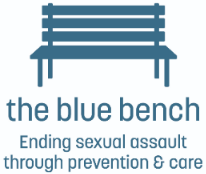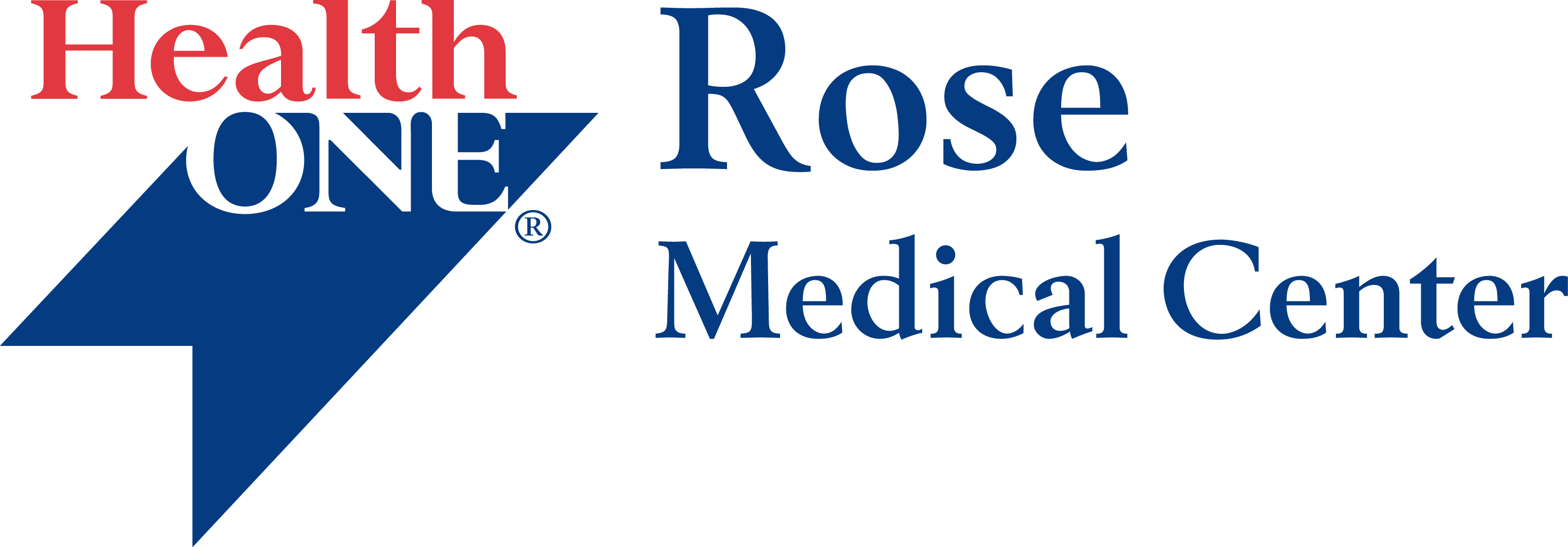
Rape Culture is Failing Students, Not Title IX
Last week, Secretary of Education Betsy DeVos addressed a crowd at George Mason University about Title IX. While no particular policy changes were announced during her speech, DeVos did announce that “the era of rule by letter is over”, referring to the Dear Colleague letter of 2011, a document released by the Office for Civil Rights that has since been used as a survivor-centered guideline of initial reform for universities dealing with sexual assault cases. The letter is a reminder to those involved in sexual assault investigations that Title IX law must be adhered to. Under this, the message was clear: take sexual violence on campus seriously. Now, according to DeVos’ speech, that message has become murky at best.
We analyzed her speech and pulled out the instances where rape culture is front and center. Some of them were frighteningly easy to miss – a testament to how embedded rape culture and victim blaming are in our daily lives.
- “Not one more survivor will be silenced.”
This sentiment is correct. The issue, however, is that Title IX protections already aim to amplify the voices of survivors who too often feel voiceless. To roll those protections back means to abandon much of the progress that has been made for survivor-centered responses in a college or university setting. Prior to the Dear Colleague letter, accountability for universities surrounding sexual violence was swept under the rug. Title IX policies are not the problem, but the solution to a problem as they encouraged schools to do things differently in respect to sexual assault cases.
- “He looked on as his roommate attempted to rape her. She escaped her harrowing encounter, but too many do not.” -re: a story about a survivor’s abusive boyfriend in college
The rape culture rhetoric here is two-fold. To “look on” as someone perpetrates a crime against someone else is the epitome of why bystander intervention is so important. When we use bystander intervention training to empower our youth to look out for one another, they will be more likely to step in and challenge dangerous behavior, or even actual acts of violence. When we allow ourselves and each other to simply “look on”, we are telling survivors that their lives and their safety are not important and that even their perception of their own safety is wrong.
Part two is that survivors NEVER escape their encounters. Even those who do seek healing, therapy or support are likely always saddled with impact of some sort, perhaps manifesting in long-lasting trauma symptoms, substance abuse, depression, intimacy and trust issues and more. Perpetrators, however, frequently escape the encounter. While their survivors may be left with a life sentence of carrying the burden of an assault, 97% of perpetrators will never spend a day in jail. Some do community service or probation, but continue to play sports, attend school, participate in Greek life, graduate, and by numerous accounts, enjoy the convenience of “forgetting” about the trauma they inflicted. Survivors, by no choice of their own, rarely experience that same outcome.
- “Here is what I’ve learned: the truth is that the system established by the prior administration has failed too many students.”
DeVos tells numerous anecdotes about the system failing survivors, and though it cannot be denied that survivors don’t always see the justice they deserve, the blame does not lie with Title IX and the Dear Colleague letter. Title IX and the Dear Colleague letter lay out best practices and guidelines for the express purpose to help survivors’ voices be heard through the difficult process. In fact, many of DeVos’ chosen anecdotes highlight instances in which institutions did not follow the guidelines set forth by Title IX, which provides roundabout evidence that Title IX protections – when used correctly – do work.
The system did not fail survivors, but a system that exists in a society so affected by rape culture, can. Title IX is not perfect and it deserves to receive review and public comment in order to continue improving it. To dismantle the entire infrastructure rather than enhance the pieces that are working is doing a disservice to all involved.
- “Whatever your accusers say you are is what people believe you are.” -quoting an allegedly falsely accused student whom DeVos portrayed as a good student and grandson
DeVos highlights that it’s unfair for people to be unjustly labeled, however we rarely see this of perpetrators in cases of sexual violence. Instead, it is the victim who is often harassed, slut-shamed, labeled a liar, their sexual history and integrity called into question, while the perpetrators are touted as promising athletes, involved community members and bright students. Society as a whole is far more likely to place blame on the victim and believe they somehow “asked for” the violence perpetrated against them. To imply that it is the perpetrator who suffers from being labeled as a perpetrator is harmful and offensive.
Proportionately, with nearly ¾ of sexual assaults perpetrated by someone the victim knows, there will always be someone – a friend, a family member, a coworker—who calls the perpetrator a “nice person”. Being a rapist and being perceived as a “nice person” are not mutually exclusive. In fact, the harsh reality that nice people can also commit heinous acts of violence is one of the reasons rape is so difficult to talk about and creates a significant barrier for survivors to report.
- “And any school that uses a system biased toward finding a student responsible for sexual misconduct also commits discrimination.”
With women experiencing sexual assault on campus at a rate of 1 in 5 and less than 3% of perpetrators spending a day in jail, it’s clear that the system has historically favored the perpetrator. This fact anecdotally contributes to the 60% of assaults that are never even reported due to a fear of not being believed, retaliation by a perpetrator and other silencing factors.
Rape culture is at work when survivors are constantly asked to consider not reporting and to consider the “humanity” and the “future” of their attacker when their attacker clearly cared so little about theirs. In many instances in the past, survivors have been encouraged not to report to protect the reputation of their perpetrator and/or the university. Again, the point of Title IX protections is to prevent system biases by requiring equity in the process
- “There are men and women, boys and girls, who are survivors, and there are men and women, boys and girls who are wrongfully accused.”
While this is true, the way this sentence reads would have someone believe that these two events happen at proportional rates. In Colorado, 1 in 4 women and 1 in 17 men will be the victim of an attempted or completed sexual assault in their lifetime. Of reported assaults, 2-8% of perpetrators are wrongfully accused. That statistic is the same for other crimes such as robbery and assault & battery, yet the victims of those crimes are not stigmatized in the same way as victims of sexual violence and generally always receive the benefit of the doubt from the public and from law enforcement.
With sexual violence, there exists a dangerous cultural norm to mistrust the victim, making sexual assault the only crime in which the victim becomes the accused. To equate these as seemingly equal statistics is simply wrong and frankly harmful to imply.
- “Punishing speech protected by the First Amendment trivializes actual harassment.”
A large part of DeVos’ speech here revolves around the idea that Title IX protections often punish students for simply speaking their minds, but free speech is not at all what we are talking about. To turn sexual assault into an issue of free speech minimizes the experience of the survivor and simultaneously blames them for labeling their own experience. The use of terms like “perceived offense” in conjunction with “full-blown investigation” is textbook gaslighting—a strategy that works to make survivors question their experience, in some cases working to deny that sexual violence occurred at all. This type of victim blaming is what Title IX aims to protect and to move backwards in those protections will undoubtedly re-silence victims.
- “But there is a fundamental difference between making these sorts of accommodations for accusers — and schools which seek to punish the accused before a fair decision has been rendered.”
Beside the offensive suggestion that schools seek to punish undeserving students, a simple analogy will suffice here. If someone accuses someone else of a violent assault with a weapon, we don’t keep the victim in the holding cell with the accused. Imagine how unsafe and frightened that would make a victim feel, who is trying to get on with their life after a crime was perpetrated against them. Similarly, a survivor should not be forced to sit in a lecture hall or live in a dorm with someone they are frightened of as it can not only cause emotional trauma, but can also impede their ability to participate and potentially succeed in their academic experience. These protections have been made available to survivors now because of Title IX and we need to continue efforts to enhance and enforce these protections to ensure safety, equity and access to education for all students.
What You Can Do
We’re concerned about the future of Title IX because we are concerned about the future of survivors. In her speech, DeVos mentions that the Department of Education is seeking public comment on the issue. Let’s take her up on that.
The comment period closes on September 20th, giving us just 8 days to make our voices heard.
Join us as we take action and speak out against the roll back of Title IX protections for survivors as a way to preserve safety of students on campuses across the country.

















